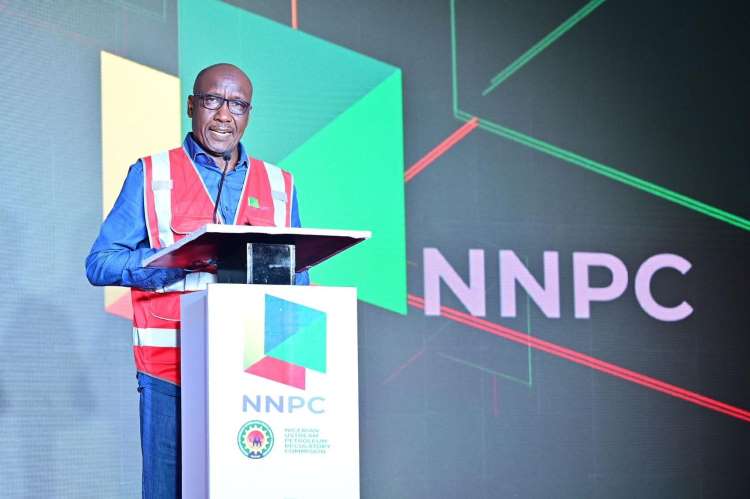Nigeria’s crude oil production is expected to rise by at least 350,000 barrels per day, as the Nigerian National Petroleum Company Limited (NNPCL), is set to resume operations at the Forcados Terminal.
The development has raised hope of improved revenue to the government, amid scarcity of foreign exchange.
The implication of this is that the NNPC is getting very close to the August target of 1.8 million barrel per day oil projection target.
This development is coming after a month of outage of the Trans Niger Pipelines System due to repairs at the Aleto section and loading systems leak at the Forcados export terminal.
Both terminals are operated by Shell Petroleum Development Company (SPDC).
Exports from Forcados which was scheduled to ship about 225,000 barrels per day (bpd) in July, were halted on the evening of July 12 due to observed leaks on a single buoy mooring where oil was being loaded onto a vessel.
A single buoy mooring is essentially a floating loading facility, allowing huge tankers to dock offshore and discharge cargoes.
THE WHISTLER quoted an NNPCL source to have said that the injections into the terminal were reduced following the report, but no force majeure was announced.
The source said that the cause of the suspension was identified by a collaborative investigation involving the NNPCL Upstream Unit, SPDC, Nigerian Upstream Petroleum Regulatory Commission and representatives of relevant stakeholders as well as government agencies.
The disruption of Forcados loadings, according to findings, led to the deferment of about 250 000 barrels day production thus responsible for Nigeria’s reduction in OPEC crude oil output in July.
Recall that the Trans Niger Pipeline system was shut down due spill at Aleto, near Eleme, Rivers State.
The outage of the TNP, it was gathered led to deferment of over 120,000 barrel per day production from from Nigeria.
The total crude oil production deferments from both Bonny and Forcados terminal is over 350 000 barrels per day
These outages, it was further learnt largely contributed to Nigeria’s low crude oil production levels of 1.29 million bpd in July, as reported by the latest report by the Nigerian Upstream Petroleum Regulatory Commission.












